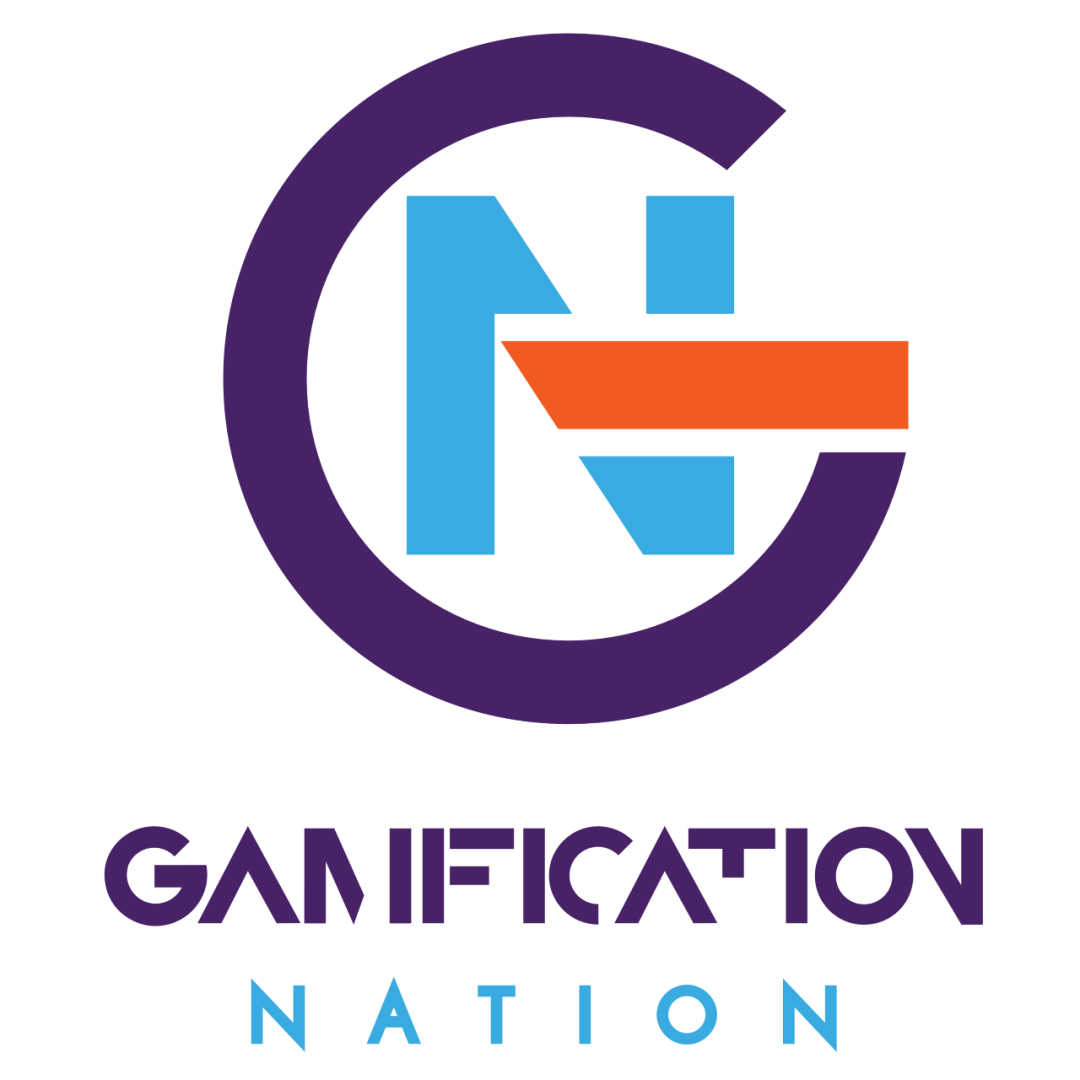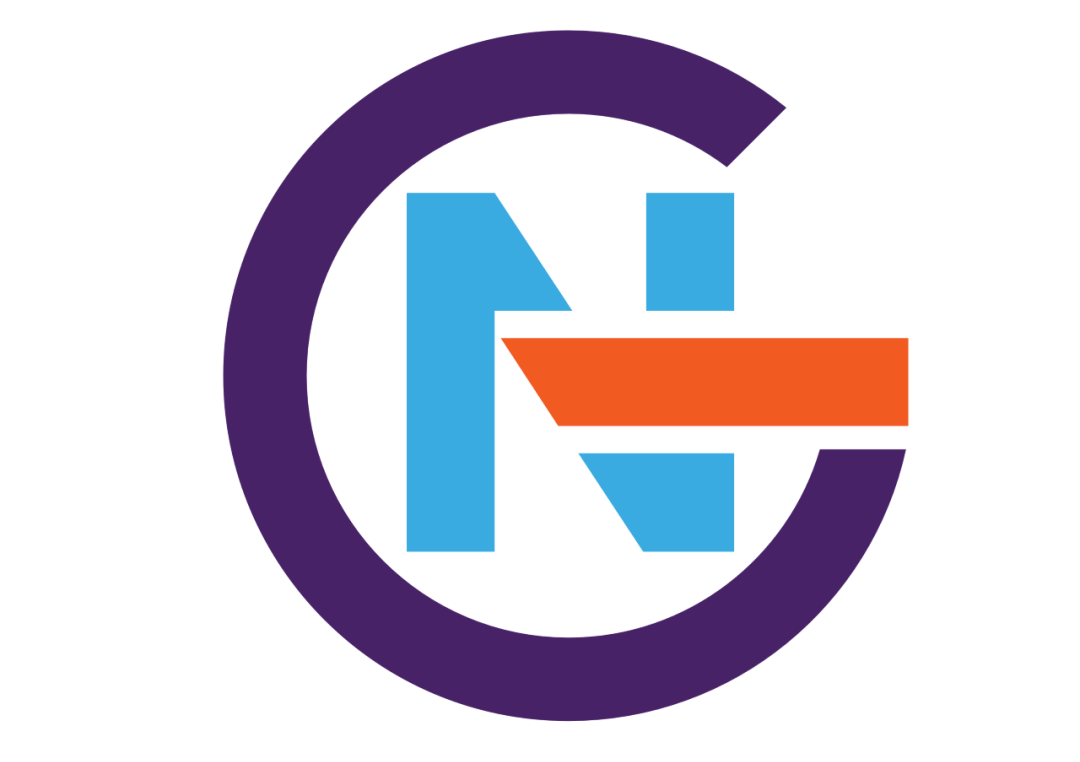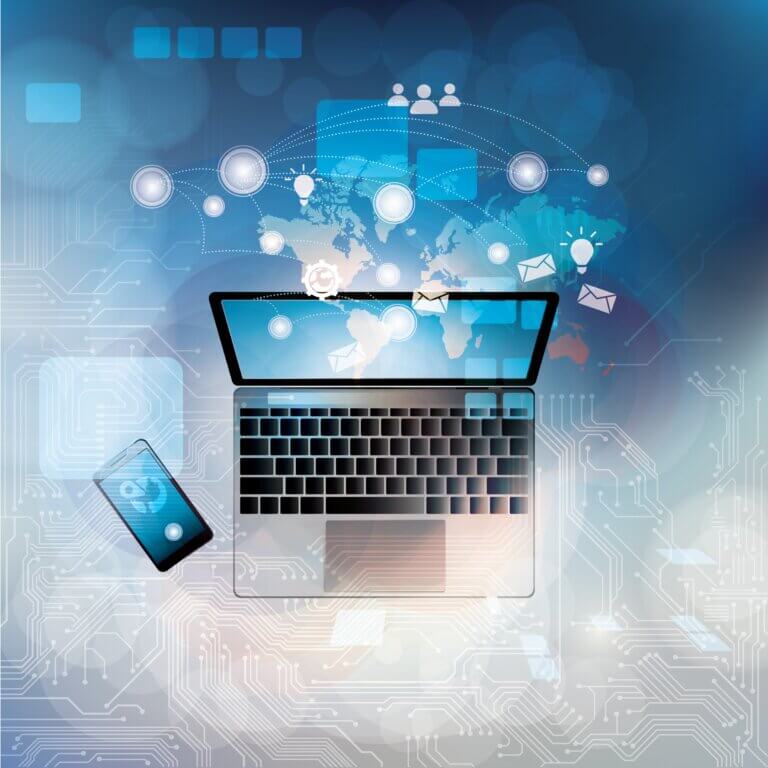It took me a while to understand how blockchain works and how it powers things like cryptocurrencies. The current wikipedia explanation works well to give an idea of how the concept works: “A blockchain – originally block chain – is a continuously growing list of records, called blocks, which are linked and secured using cryptography.Each block typically contains a hash pointer as a link to a previous block, a timestamp and transaction data. By design, blockchains are inherently resistant to modification of the data. A blockchain can serve as “an open,distributed ledger that can record transactions between two parties efficiently and in a verifiable and permanent way.” For use as a distributed ledger, a blockchain is typically managed by a peer-to-peer network collectively adhering to a protocol for validating new blocks. Once recorded, the data in any given block cannot be altered retroactively without the alteration of all subsequent blocks, which requires collusion of the network majority.”
If we apply this technology for the recognition of skills, starting maybe with an original certification earned through a course and then verified in the blockchain by people witnessing proof of this skill in practise. It would add the time dimension to the proof of skill and a multitude of people confirming that you have indeed mastered it based on their interaction and knowledge of you applying the same skill.
For most of us, who have earned diploma’s, degrees or masters or even simple course certificates, we know they aren’t a guarantee for ever working with those topics. I studied international marketing and languages for my first degree, which gave me great insights into market research methodologies, statistics, consumer behaviour and strategic marketing. To be honest those subjects gave me a good rounded view of some of these topics, but I never truly worked in marketing, apart from for my own business. I always remained interested in it and still actually spend a lot of time reading up on this, but if given a time stamped appreciation of skill, most of my recent contacts may not award those to me.
My masters in business administration, my diploma in game design and my gamification certifications, would probably get more recent time stamps and validations. My MBA was focused on change management, strategic HR and knowledge management, which still every day ave an impact on what I do. The obvious connections are game design and gamification. But then the area I never really earned a degree in, but did take several short term courses in such as train the trainer, instructional design and user experience design are probably other skills that people would give me credit for based on their experience of interacting with me. I hold project management certification and a lot of practical experience in this. This business is my 7th or 8th official venture in this lifetime, so practical experience in this field although never truly studies again I hope I would be credited for.
Imagine a badge system of skills, which you as the individual can set up at the end of any project or course and then send to the blockchain of skills recognition. The requirement of approval would be that the person has indeed seen you in action and can validate the skills level based on their own experience of you in this field. It would allow us to travel with our competencies around the world and across organisations. For organisations it would give the opportunity to have a quick snapshot of skills within the company that could be essential to the company and specific projects.
It would also allow you to seek out those most qualified with specific experience to train you or help you with specific projects. Rather than believe the marketing hype any one given person or company can produce. Having peer to peer validation will help us then to become more honest in our appreciation of skill and would I hope fix what is currently wrong with endorsements like for example on LinkedIn, which are at best a little bit random.
In my learning gamification framework, I see the third level of proof of skill what makes learning activity of true value. I think a blockchain structure of validating proof of skills would add the element that has been missing in learning gamification for quite some time. It also allows organisations to measure their learning efforts as well as value learning outside the traditional workplace settings.
Where else do you see blockchain impacting gamification and learning?



